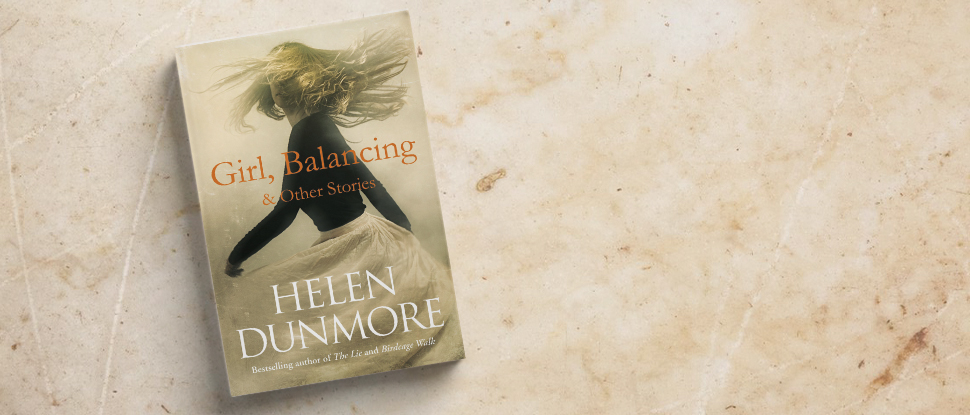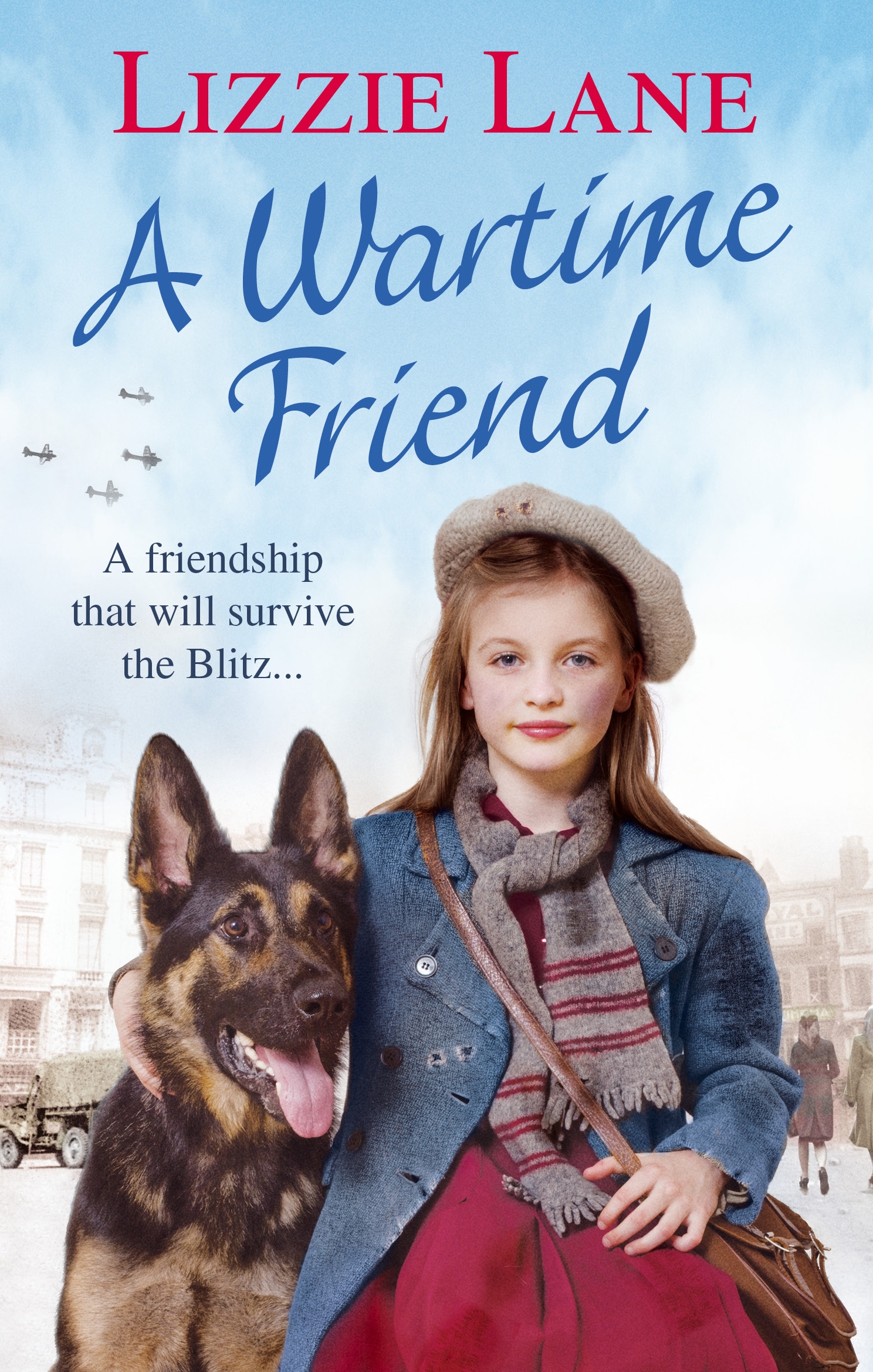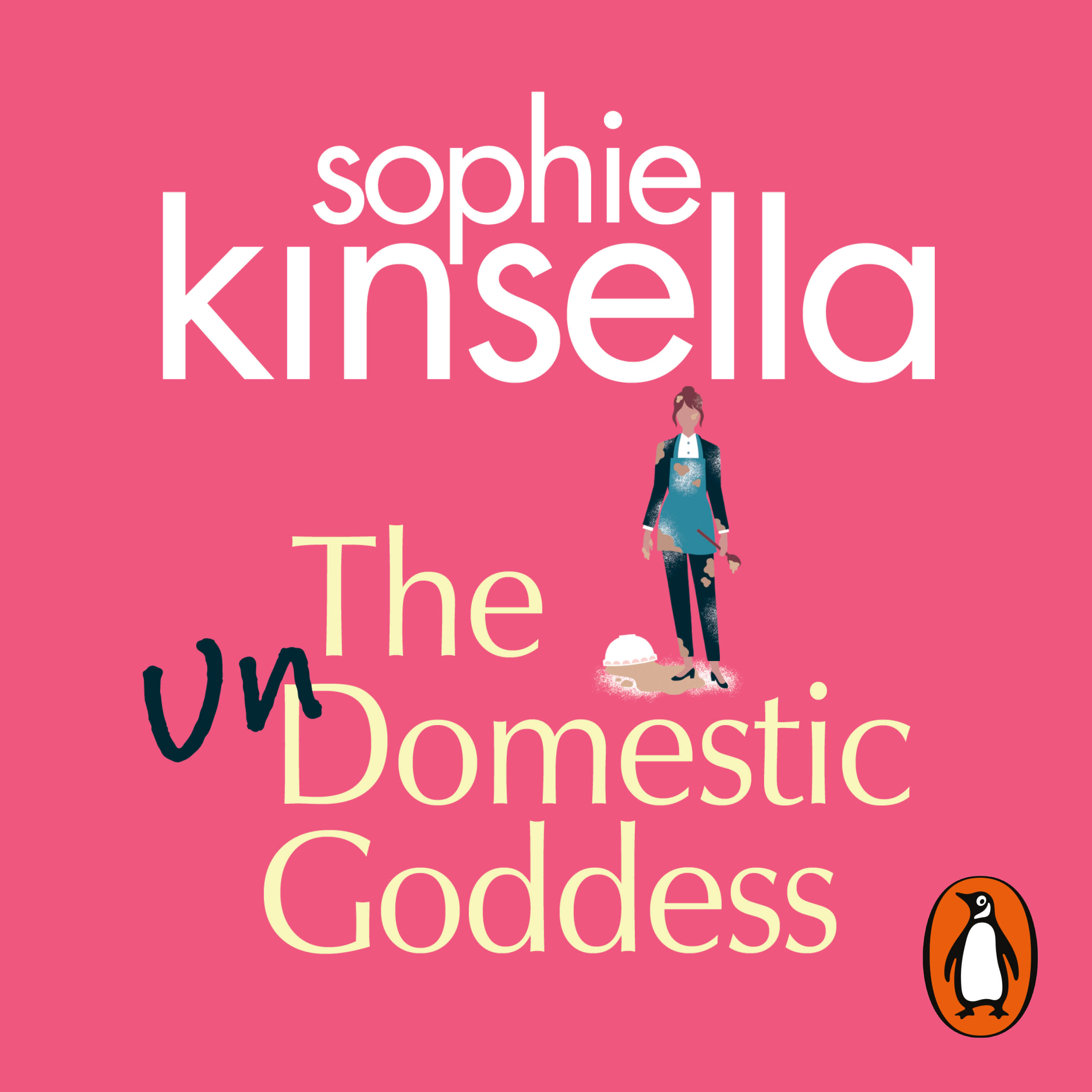- Home |
- Search Results |
- A tribute to Helen Dunmore, from the pen of her son Patrick

On the evening of 11th November 2016, when my mother was already very unwell, she asked me to sit with her to discuss the management of her literary estate after her death. Although she lived until June the next year, the unpredictable path of her illness meant we did not know how many more weeks or months she had left, and for her this was the time to get things in order. We sat on her bed and I noted down what she told me: the processes she followed in doing her accounts, her instructions on what to do with the papers that were stashed away in many boxes in her office, pass- words for her email, phone, Spotify account, Facebook, and that we might, perhaps, publish a collection of short stories after she died.
That next year, 2017, would see the publication of her final novel, Birdcage Walk, her poetry collection Inside the Wave and an illustrated children’s book The Little Sea Dragon’s Wild Adventure. Amongst the complex and interlinked feelings of impending loss, a less visceral yet still potent sense of waste was that the flow of Mum’s writing was being cut off long before its time. Mum, though, was more philosophical about this. As always, ideas for the next novel were developing in her mind, but she felt satisfied with where she had got to with her work; there wasn’t something particular that she wanted to achieve which she would not now be able to do.
‘A collection of short stories at some point might be nice, though,’ she said to me that evening. It is almost twenty years since my mother published a full volume of short stories, but she did not stop writing them. She told me about a file on the floor by the narrow bookcase in her studio, a bird’s nest over- looking Bristol on the eighth storey of a block of flats, and also gave me the passwords for her laptop and iPad. Some of the stories had been printed ad hoc in newspapers or magazines, or had been broadcast, and others had not been published at all. Those could be included, she said, but ‘it depends how good they are’. As I think is common for many people, the months after Mum’s death were a frenetic period for me, probably trying to counter or mask the loss of our mother with action. Yet I did not think about the short-story collection until visiting Keats House in London one weekend with my father, standing in Keats’s bedroom there and suddenly remembering with vivid recall Mum’s short story ‘Writ in Water’, about Keats’s death in Rome. From that moment, putting together a collection of short stories ‘at some point’ became urgent, a project to focus on.
Not remembering at the time about the file by the narrow bookcase, I started a search of Mum’s laptop, trawling through her many thousands of emails and document files. I was tentative at first, knowing that a person’s privacy does not die with them, and that there would be many emails that Mum would not have wanted me to read. I glanced sideways at emails, skimming for signs that they might be relevant, before seeing that Mum’s careful categorising of her emails made the task much easier. Those labelled ‘personal’ were out of bounds, those labelled ‘work’ I knew she would not mind me reading.
It was some time before I felt certain I had found everything. A number of the stories were already gathered into a collection that Mum had compiled in 2010, but not pursued any further. That was the year of the publication of her novel The Betrayal, of her illustrated children’s book The Ferry Birds, and a year when she was working on the poems that would later be published in The Malarkey. The 2010 collection had sat there, waiting for its time, and clearly this was the starting point of what Mum had in mind when suggesting a collection. The decision on which stories would be included was made by my father, my sister and me, Mum’s publisher and her agent, all of us satisfied the stories certainly met Mum’s criterion of being good enough.
The prospect of editing this collection was daunting, although made much easier by the guidance of Mum’s friend and publisher, Selina Walker, who published Mum’s last three novels. Ordinarily the publisher makes suggestions to the author who then finalises the work. Here, I had to make judgements not about what I thought should or should not be edited, but about what Mum herself would have done. I felt neither qualified nor entitled to do anything to her work, yet once I had started my concerns dissipated. Probably this was because I have followed Mum’s work so closely from the days as a child when she would read draft manuscripts of her children’s books to me. Not that the stories required a great deal of work, almost none for some, and for others merely the lightest polish before publication.
There was also something special about reading work that I had not read before. Throughout my mother’s writing life, I always anticipated the next work, which she would give to me as a finished manuscript or proof copy, or simply as an emailed poem or short story. When I read her final novel in manuscript, I thought as I finished the last page that I would never get to read new work from my mother again. Then, as I read these stories, here was that feeling; the pleasure of discovering something new. This is one of our reasons for publishing the collection, to share this work with Mum’s readers, many of whom, too, must feel that their enjoyment of Mum’s writing has been cut short.
My mother kept her own story to herself, feeling strongly that once she handed her work over to the public, it would take on myriad meanings that had nothing to do with the author. Yet it is inevitable that her writing holds something of her in it. The humour in this collection is very much of my mother. Always kind, she nonetheless had a keen eye for other people’s less than benevolent behaviour,not least when they themselves were unable or unwilling to see it. In the sad, but comical story ‘With Shackleton’, the narrator’s mother-in-law is skewered for her hurtful conduct towards her daughter-in-law. For my mother humour was one of the sides of a good life, especially in difficult times. This is shown beautifully in ‘A Night Out’, a story of two widows whose warmth towards one another and shared laughter give a shimmer of hope in amongst their grief.
The collection itself is Dunmore work through and through. Mum’s writing has always been characterised by a preoccupying interest in the individuals who other- wise may not be noted by the hands that write our shared history. Many of her novels focus on the impact of historical events from the bottom up, but her interest in the individual was not limited to times of great upheaval. She recognised the work it can take simply to exist, for a person to make their way through their own life and the interactions that come together to shape a human experience.
Each of the stories focuses sharply on the individual, perhaps most movingly in the Nina Stories, in which a young woman has to take responsibility for her own protection, her knowledge of how to stretch her small budget to feed herself almost as vital as her instinct for danger. She is a girl, just about balancing. Or in ‘Esther to Fanny’, in which Fanny Burney’s astonishing bravery in undergoing violent nineteenth-century surgery for breast cancer extends her life for twenty-nine more years. The story is Fanny’s, not that of the pioneering surgeons. Most important, though, is the writing. The poetry of my mother’s observations is as present here as in any of her work, the sometimes ethereal quality of a world seen through a lens that catches minutely the harsh realities of our existence, but also the endless beauty of the world and the people in it. In the wonderfully titled ‘Portrait of Auntie Binbag, with Ribbons’, you sense the hidden riches of life, which perhaps is how you might describe my mother’s philosophy. As she wrote in one of her final poems, ‘The Shaft’:
Who would have thought that pain
And weakness had such gifts
Hidden in their rough hearts?
If you stop to look, as my mother always did with intense curiosity, you will see beauty. We are glad to be able to share these stories and we hope that Mum’s readers, whom she valued greatly, will take as much pleasure from them as we have.

